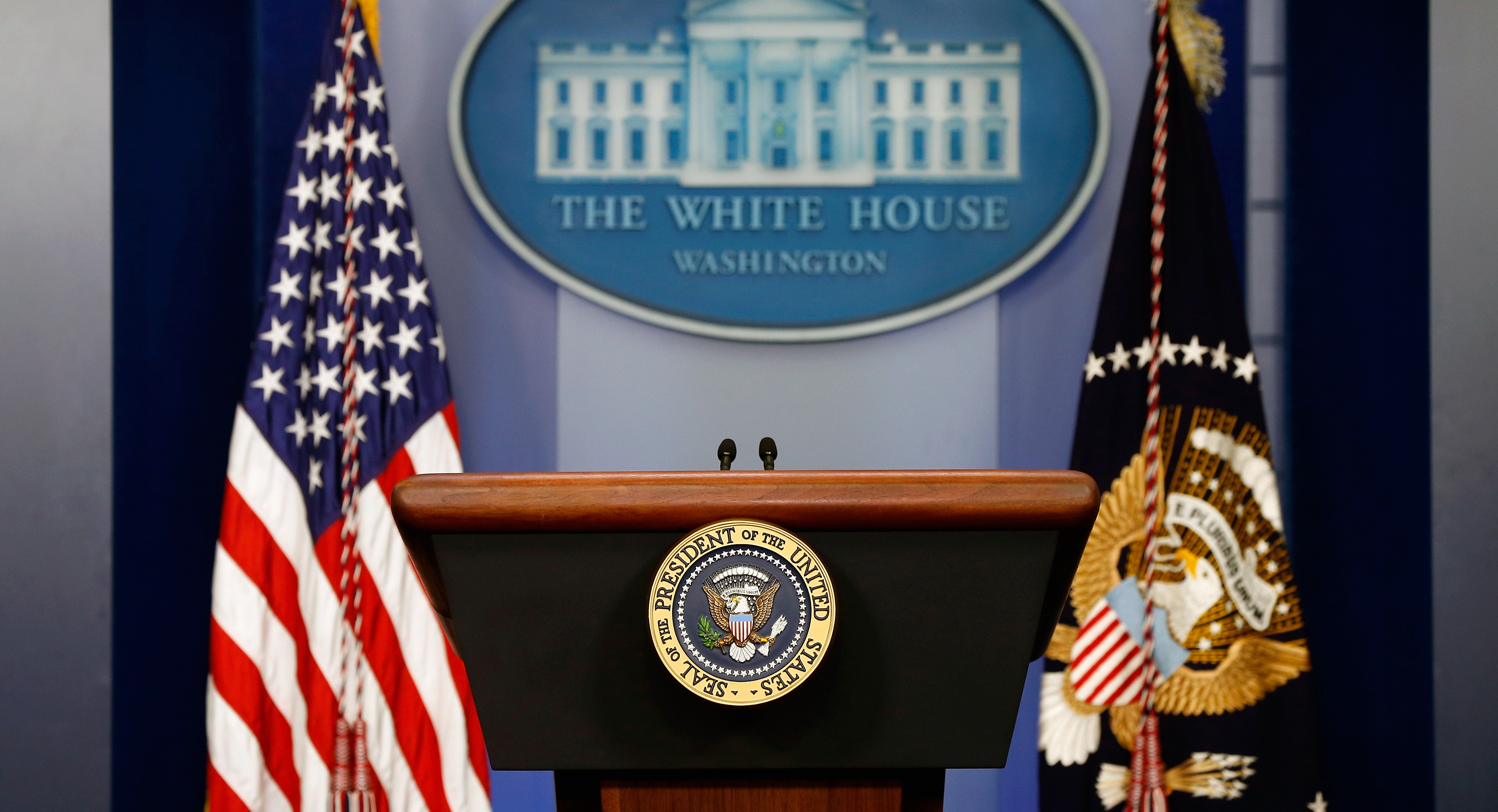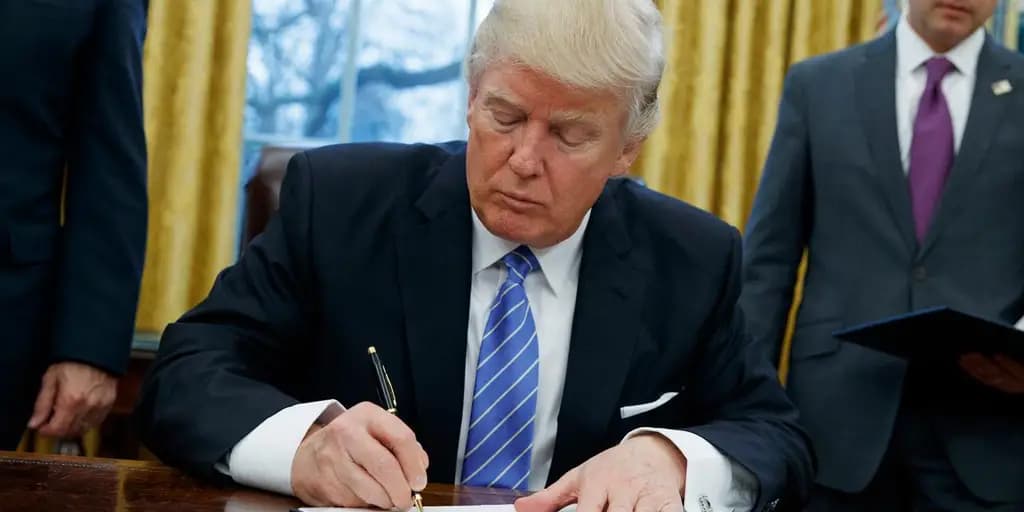The recent executive order from President Donald J. Trump, establishing a unified voice for America’s foreign relations, is not just a bureaucratic maneuver; it is a dangerous power grab that threatens the very fabric of our democracy. This move, touted as a means to streamline diplomatic efforts, raises significant alarms about the erosion of checks and balances and the implications for civil rights at home and abroad.
Centralization of Power Undermines Democratic Values
According to the White House, the executive order aims to consolidate foreign policy into a single narrative. While this may sound efficient, it risks sidelining diverse voices within the government, particularly those advocating for human rights and social justice. In an era where collaboration and inclusivity are paramount, this unilateral approach could lead to a foreign policy that ignores the very populations it affects.
Ignoring Global Health Crises and Human Rights
As reported by the State Department, the U.S. is meant to lead the world out of the COVID-19 pandemic and strengthen biosecurity. However, Trump’s consolidation of foreign policy could mean that global health initiatives are deprioritized in favor of a more militarized and less humane approach. This endangers not only American lives but also those of countless individuals worldwide who rely on U.S. leadership in health crises. The implications are dire, especially for marginalized communities who often bear the brunt of health inequity.

Daily White House press briefing to stay in the West Wing ...
Consequences for Civil Rights at Home
The centralization of foreign policy raises red flags about potential impacts on civil rights domestically. The Government Accountability Office identifies critical trends that influence our nation, including the need for robust civil rights protections. With power concentrated in the hands of a few, there is a growing risk that civil liberties could be compromised. Historical precedents show that during times of crisis, governments often prioritize security over rights, leading to actions that disproportionately affect communities of color and other vulnerable groups.
Racial Justice Movements Under Threat
The implications of Trump"s executive order reach deep into the ongoing racial justice movements in America. As we have seen, the fight for equality is often met with pushback from those in power. This executive order could embolden those who wish to silence dissenting voices, particularly those advocating for racial and social justice. The potential for increased surveillance and suppression of movements like Black Lives Matter is a very real concern as the government consolidates its power in the name of national unity.

See inside the lavish reception rooms at the US State ...
International Relations and Human Rights Advocacy
The emphasis on a singular voice risks alienating long-standing allies and undermining the U.S. position on human rights. According to the Department of Defense, the U.S. has historically used its diplomatic relationships to advocate for human rights and democratic values worldwide. A unified voice that prioritizes expedience over ethical considerations could lead to a withdrawal of support for international human rights efforts. This is a betrayal of our core values and could have far-reaching consequences for global democracy.

![[Video] Anti-ICE Protester Pepper Sprayed as CBP Agents Disperse Crowd in Minneapolis](/_next/image?url=%2Fapi%2Fimage%2Fthumbnails%2Fthumbnail-1768260677127-y71sb7-thumbnail.jpg&w=3840&q=75)

![[Video] Several injured as U-Haul truck drives through Iranian protestors in Los Angeles](/_next/image?url=%2Fapi%2Fimage%2Fthumbnails%2Fthumbnail-1768176682028-q95y6j-thumbnail.jpg&w=3840&q=75)
![[Video] Scuffle breaks out between Trump supporters and Anti-ICE protesters in Times Square](/_next/image?url=%2Fapi%2Fimage%2Fthumbnails%2Fthumbnail-1768165958203-hgcgb-thumbnail.jpg&w=3840&q=75)


![[Video] Gunfire between Iraqi security forces and Sadr militias in Baghdad](/_next/image?url=%2Fapi%2Fimage%2Fthumbnails%2Fthumbnail-1768343508874-4redb-thumbnail.jpg&w=3840&q=75)
